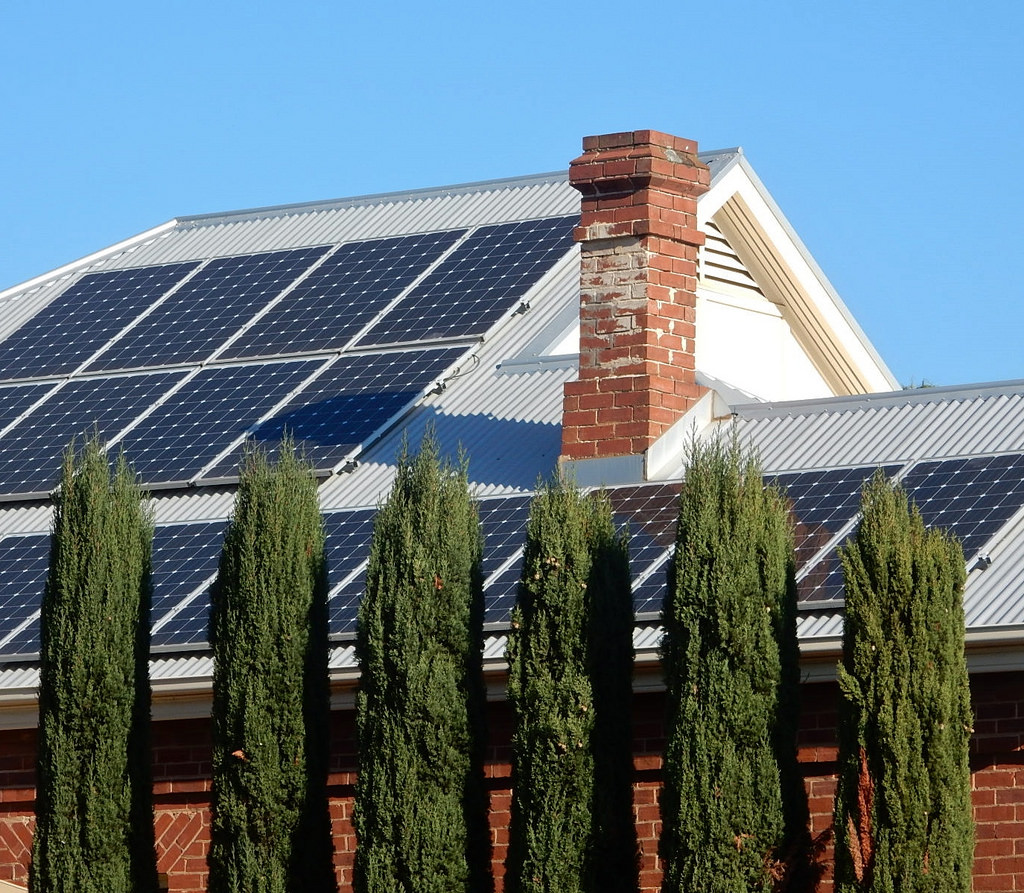The Flanders energy regulator is appealing a decision made by the region’s parliament in March which permits the owners of residential PV systems to enjoy the benefits of a net metering scheme which calculates tariffs based on presumed electricity consumption.
The agreement, which Flemish regulator the VREG will appeal to the Belgian Constitutional Court, gives household PV system owners the option of staying with net metering or switching to a tariff based on actual energy consumption calculated using smart meters, a move which could be up to 40% more beneficial for homes with high self-consumption rates, according to an analysis of online simulations made by the website of the regulator.
Bram Claeys, president of Flemish solar association PV-Vlaanderen told pv magazine: “The renewable energy sector regrets that this once again delays clarity for the solar consumer. It is a good thing that any changes would only come into effect in the next tariff period and that therefore, de facto, nothing will change until at the earliest 2021.”
The association has called on the government, parliament and regulator to work together for a reasonable solution. “The most important task now is to look ahead and develop a sound system that focuses on flexibility [and] maximum renewable energy production, and is not dependent on support measures from a government,” Claeys added.
Net metering uncertainty
The association president said in March the 15-year term during which residential system owners could choose their remuneration method would be calculated from the date of grid connection of PV arrays, with the Flemish government considering replacing a net metering scheme expected to expire at the end of next year with a feed-in premium which tops up market energy prices based on contracts for difference. “We hope they will announce these new changes before [the] Easter vacations,” said the PV-Vlaanderen president at the time. Thus far, no changes to the system have been confirmed.
Flanders is Belgium’s most dynamic solar region with around 3 GW of installed generation capacity at the end of last year. Most of that figure was represented by rooftop systems with a capacity no larger than 10 kW.
Belgium reached 4.25 GW of installed solar capacity at the end of December. By type, 98% of the nation’s 526,000 solar systems were residential arrays no larger than 10 kW. The combined capacity of small scale solar represents 64% of the Belgian total, with the remaining share coming chiefly from commercial and industrial rooftops.
This content is protected by copyright and may not be reused. If you want to cooperate with us and would like to reuse some of our content, please contact: editors@pv-magazine.com.




By submitting this form you agree to pv magazine using your data for the purposes of publishing your comment.
Your personal data will only be disclosed or otherwise transmitted to third parties for the purposes of spam filtering or if this is necessary for technical maintenance of the website. Any other transfer to third parties will not take place unless this is justified on the basis of applicable data protection regulations or if pv magazine is legally obliged to do so.
You may revoke this consent at any time with effect for the future, in which case your personal data will be deleted immediately. Otherwise, your data will be deleted if pv magazine has processed your request or the purpose of data storage is fulfilled.
Further information on data privacy can be found in our Data Protection Policy.